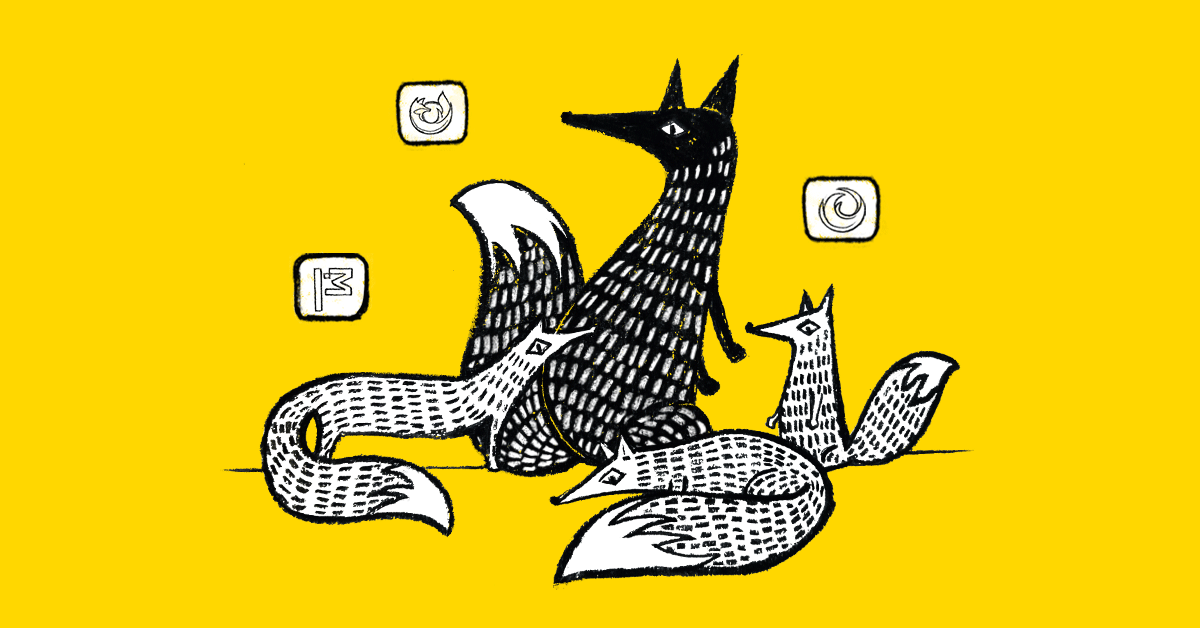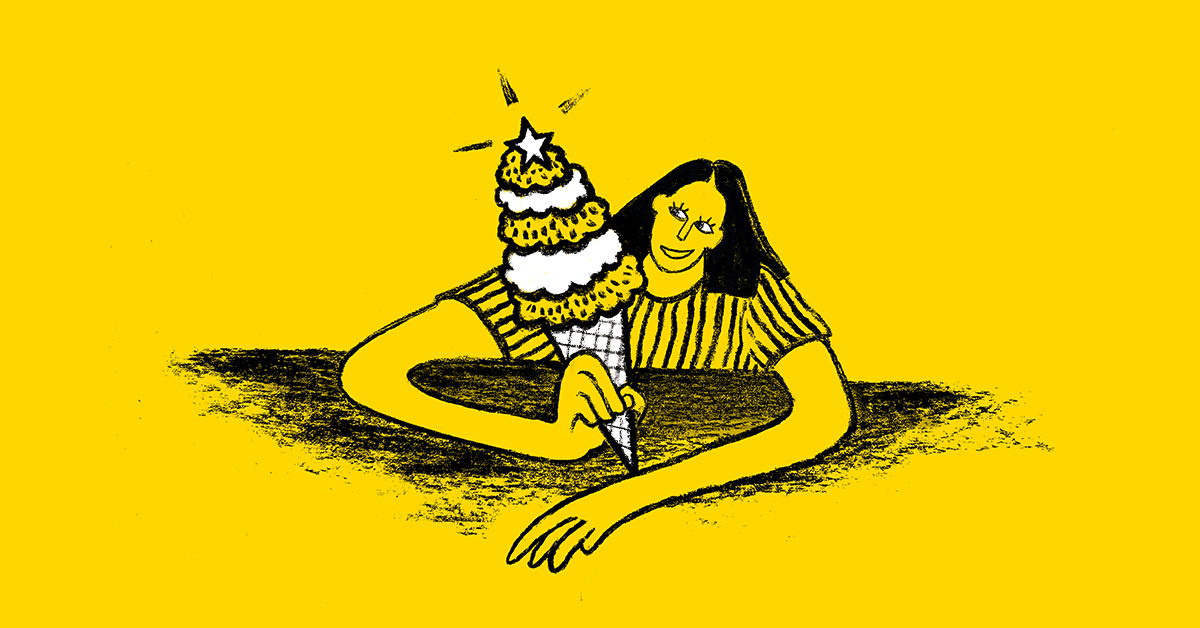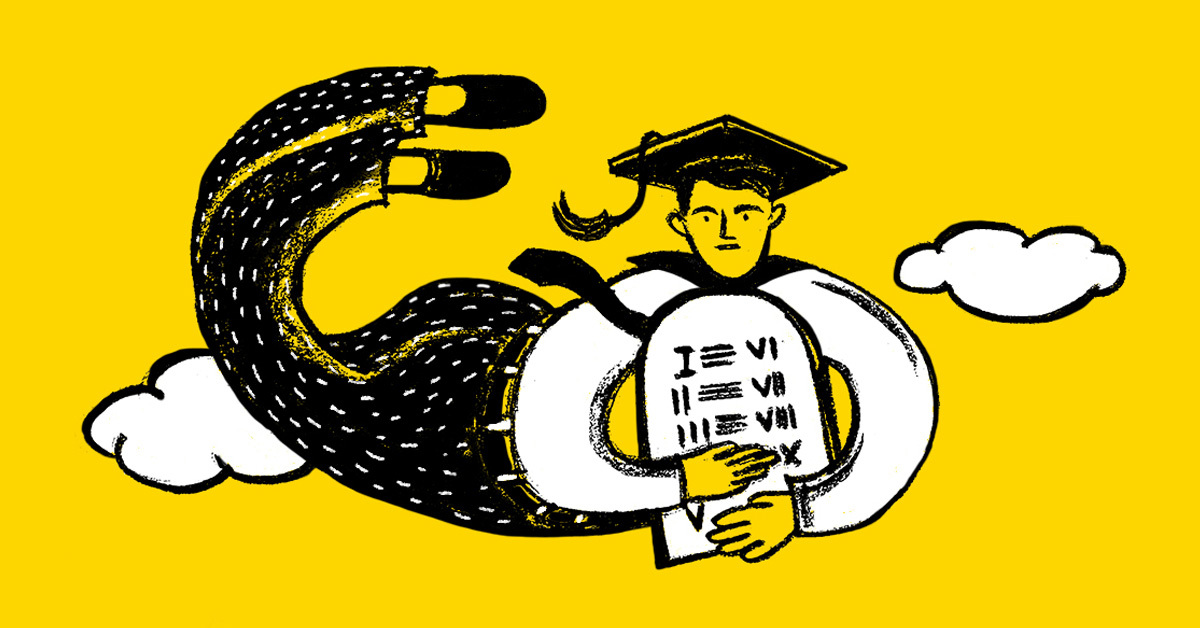Every brand dreams of creating a product so iconic that it becomes synonymous with the brand itself. Think about products like the iPhone, Google Search, or Photoshop. These products dominate their industries, shaping how consumers perceive the companies behind them. But there is a catch to this kind of success—the branding trap of Hero Product Syndrome.
One company that has felt the weight of this trap is Mozilla.
For many years, its brand has been shackled to a single identity due to its one wildly popular product: the Firefox browser.
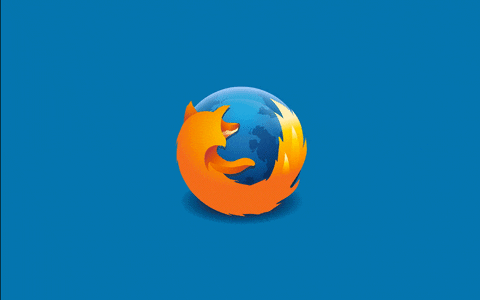
And that is exactly what Mozilla has been trying to escape.
The Curse of a Single Star Product
Mozilla’s struggle with hero product syndrome is a classic example of how a single star product can turn into a company’s greatest weakness. This syndrome often becomes a double-edged sword that brands don’t see coming until it’s too late.
1. Limited Brand Perception
Over time, the hero product syndrome can create a situation where people associate the brand solely with that one star product. This limited perception can be a serious challenge when the brand wants to expand and introduce new offerings. Because customers see the brand as tied exclusively to that single item and nothing else. Not just that. People also tend to attach a higher value to brands that offer variety, according to research by Stanford University.
2. Stifled Innovation
When a single product dominates, it often overshadows everything else. Resources for R&D, marketing initiatives, and leadership focus all get funneled into that one cash cow. As a result, new projects struggle to gain traction because, well, why risk disrupting what already works?
However, this focus can stifle innovation and pressure the company to keep improving the leading product rather than venturing into new ideas.
3. Market Vulnerability
The challenge of hero product syndrome intensifies even more when a brand becomes too reliant on its flagship offering. If that single product falls out of favor due to market fluctuations and shifts in consumer preferences or faces competition from a superior alternative, the entire brand is at risk. For instance, when Google Chrome took over the browser space, Firefox lost some of its market share and relevance. And if Firefox is all that Mozilla is known for, where does that leave the company?
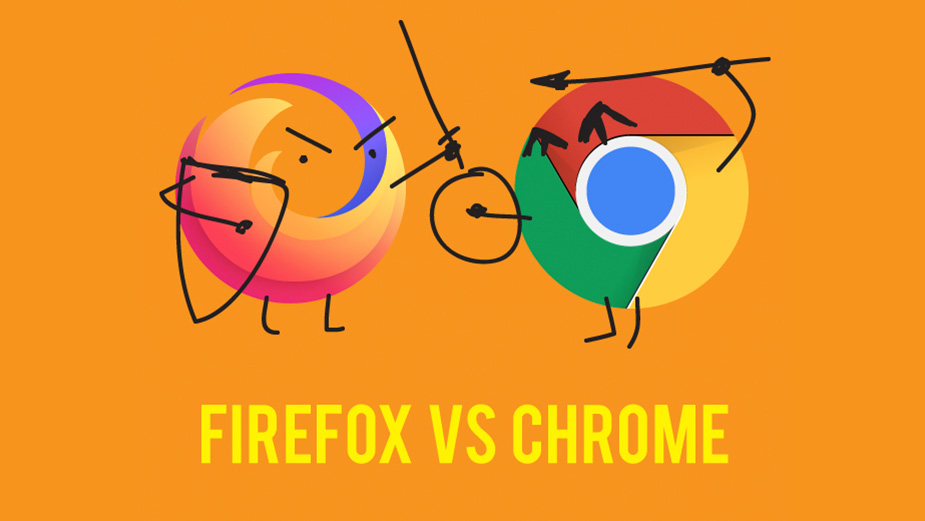
Mozilla’s Rebranding Strategy
In 2024, Mozilla took a bold step to escape the constraints of being synonymous with a single product. The company underwent a rebranding effort that visually and strategically repositioned it as an internet-first, mission-driven organization for digital rights and privacy.
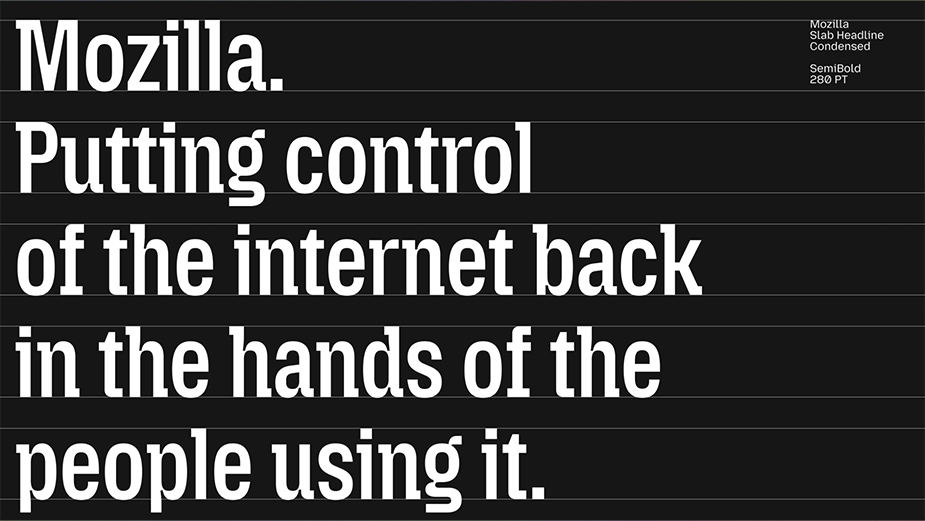
A New Identity That Says “More Than Just Firefox”
Partnering with global branding agency Jones Knowles Ritchie (JKR), Mozilla worked to create a fresher, more relevant identity for today’s audience that helps to tell the full Mozilla story. A key part of this rebranding strategy was a new design system called Grassroots to Government, built to connect the diverse community Mozilla serves. As Amy Bebbington, Mozilla’s Global Head of Brand, explains:
“We intentionally designed a system, aptly named ‘Grassroots to Government,’ that ensures the brand resonates with our breadth of audiences, from builders to advocates, changemakers to activists.”
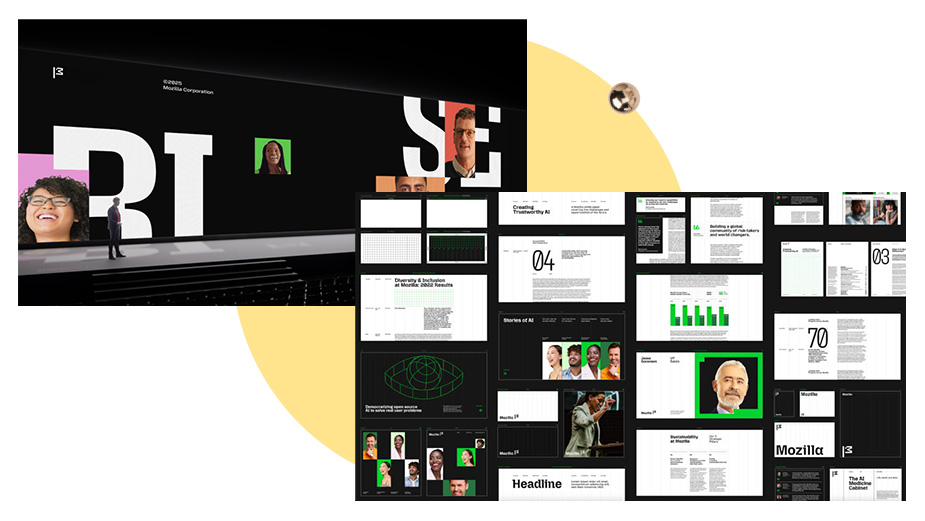
A New Logo That Reflects Mozilla’s Evolution
A pivotal moment in the rebranding process came when JKR discovered that when asked to sketch Mozilla’s logo, most people instinctively drew the Firefox logo. This highlighted that despite Mozilla’s diverse work, it was still largely identified with its browser. So, their aim with the new logo was to shift this perception and make Mozilla’s full scope more visible. While still retaining the warmth and familiarity of the Firefox brand, the refreshed logo ensures that Mozilla is recognized for what it truly is: A driving force for an open and better internet.
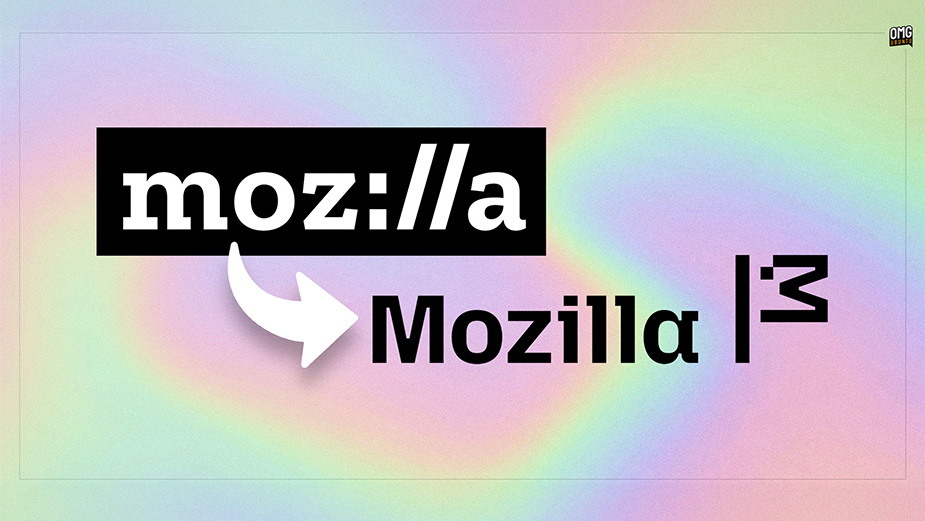
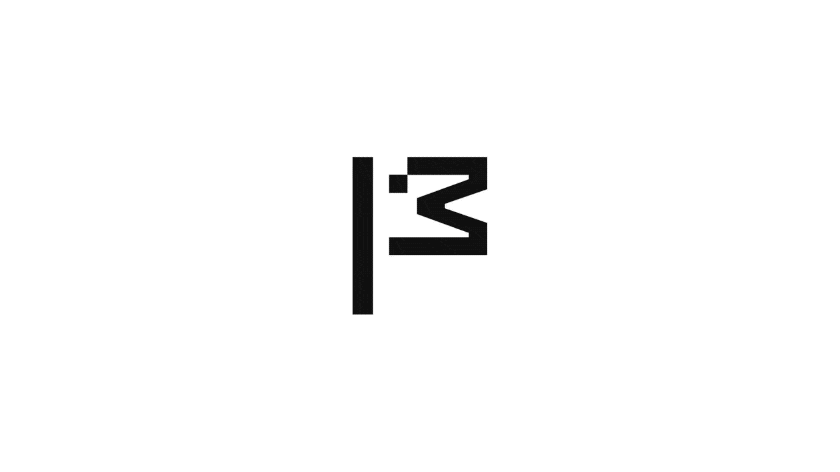

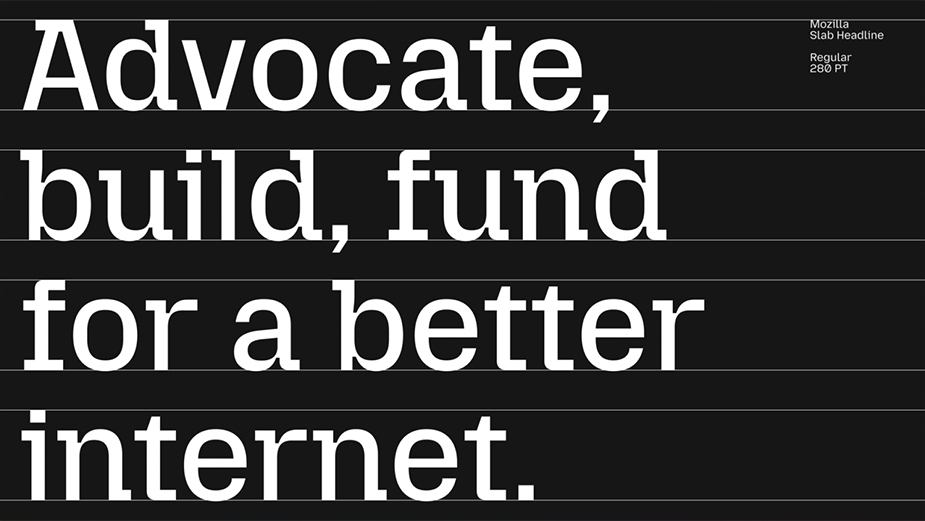
Don’t Let Your Brand Be Defined by Just One Product
Mozilla’s rebranding journey isn’t over, but they’re making a solid play to escape the branding trap and break free from the Firefox straitjacket to remind the world that it’s more than just a browser company. Will it work? Time will tell. But one thing’s clear—companies that rely on a single hero product are playing a dangerous game. And in today’s fast-moving market, survival means evolving beyond what made you famous in the first place.






